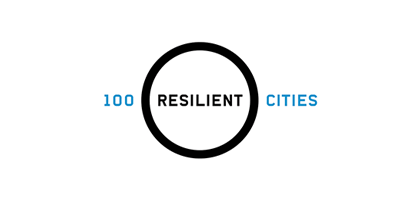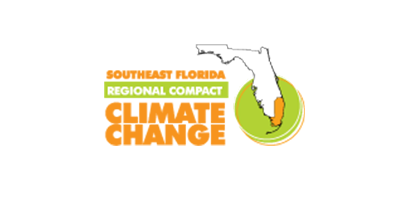
Southeast Florida Regional Compact
The Southeast Florida Regional Climate Change Compact was executed by Broward, Miami-Dade, Monroe, and Palm Beach Counties in January 2010 to coordinate mitigation and adaptation activities across county lines.
Compact Documents: Click Here
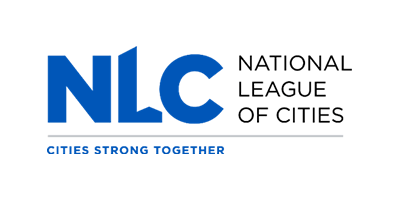
National League of Cities
The National League of Cities (NLC) is dedicated to helping city leaders build better communities. Working in partnership with the 49 state municipal leagues, NLC serves as a resource to and an advocate for the more than 19,000 cities, villages and towns it represents.
Advocacy: http://www.nlc.org/topics/advocacy
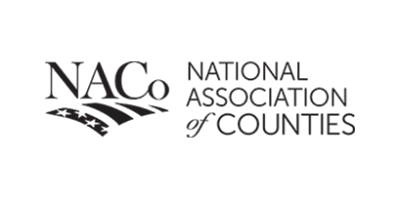
National Association of Counties
The National Association of Counties (NACo) unites America’s 3,069 county governments. Founded in 1935, NACo brings county officials together to advocate with a collective voice on national policy, exchange ideas and build new leadership skills, pursue transformational county solutions, enrich the public’s understanding of county government, and exercise exemplary leadership in public service.
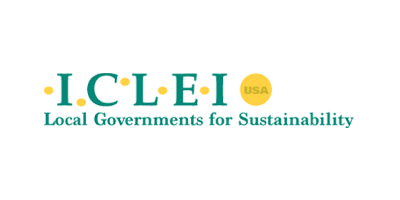
I.C.L.E.I
ICLEI – Local Governments for Sustainability is the leading global network of more than 1,500 cities, towns and regions committed to building a sustainable future. By helping the ICLEI Network to become sustainable, low-carbon, resilient, ecomobile, biodiverse, resource-efficient and productive, healthy and happy, with a green economy and smart infrastructure, we impact over 25% of the global urban population.
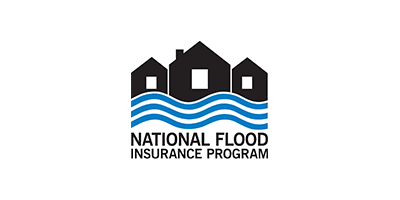
National Flood Insurance Program
The National Flood Insurance Program aims to reduce the impact of flooding on private and public structures. It does so by providing affordable insurance to property owners and by encouraging communities to adopt and enforce floodplain management regulations. These efforts help mitigate the effects of flooding on new and improved structures. Overall, the program reduces the socio-economic impact of disasters by promoting the purchase and retention of general risk insurance, but also of flood insurance, specifically.
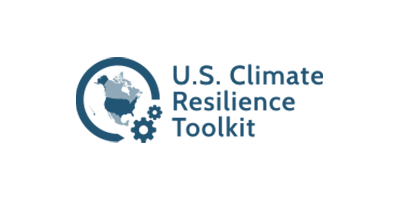
U.S. Climate Resilience Toolkit
The U.S. Climate Resilience Toolkit is a website designed to help people find and use tools, information, and subject matter expertise to build climate resilience. The Toolkit offers information from all across the U.S. federal government in one easy-to-use location. The goal is to improve people’s ability to understand and manage their climate-related risks and opportunities, and to help them make their communities and businesses more resilient to extreme events.
The site is managed by NOAA’s Climate Program Office and is hosted by NOAA’s National Centers for Environmental Information. and initially launched on November 17, 2014. Version 1.5 of the site—with a mobile-friendly design—was launched in July 2016.
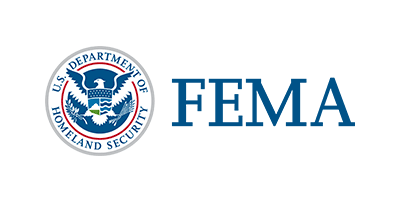
Federal Emergency Management Agency
The Federal Emergency Management Agency is an agency of the United States Department of Homeland Security, initially created by Presidential Reorganization Plan No. 3 of 1978 and implemented by two Executive Orders on April 1, 1979
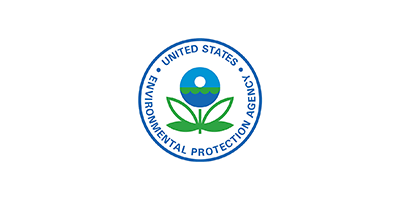
Environmental Protection Agency
The mission of EPA is to protect human health and the environment. When Congress writes an environmental law, we implement it by writing regulations. Often, we set national standards that states and tribes enforce through their own regulations. If they fail to meet the national standards, we can help them. We also enforce our regulations, and help companies understand the requirements.
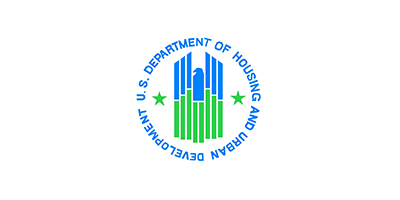
U.S. Department of Housing & Urban Development
The Office of Economic Development leads the Department’s efforts to prepare for the impact of climate change on HUD’s mission, programs, and operations. This includes providing support for greater capacity in and utilization of resilient approaches to community development at the local, regional, and state levels.
Link: https://portal.hud.gov/
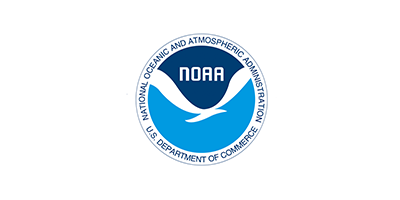
NOAA
The National Centers for Environmental Information (NCEI) is the Nation’s Scorekeeper in terms of addressing severe weather and climate events in their historical perspective. As part of its responsibility of monitoring and assessing the climate, NCEI tracks and evaluates climate events in the U.S. and globally that have great economic and societal impacts.

